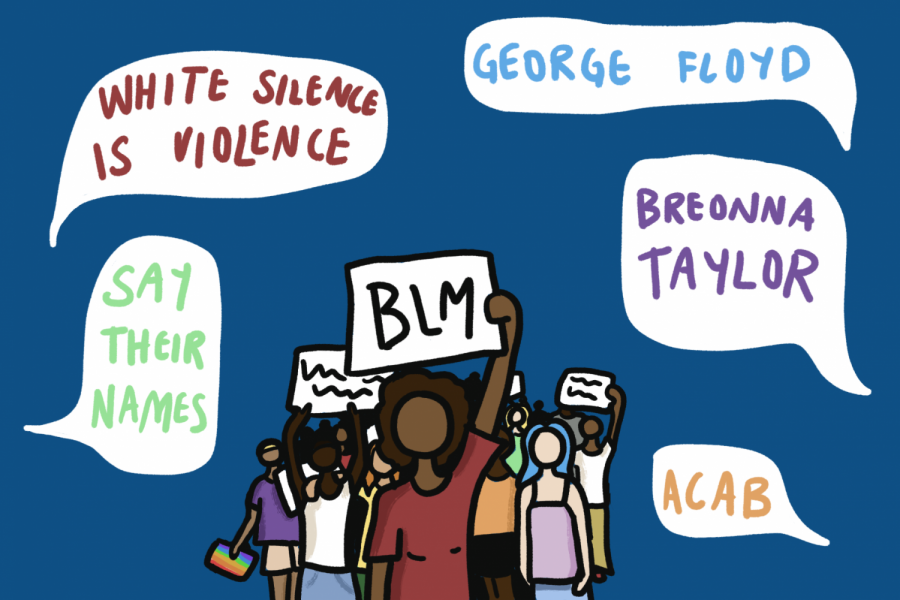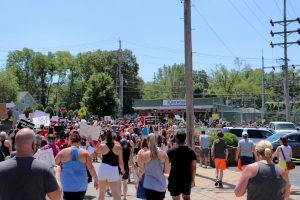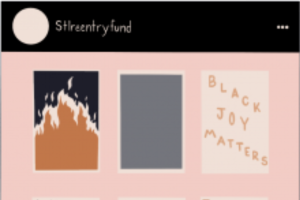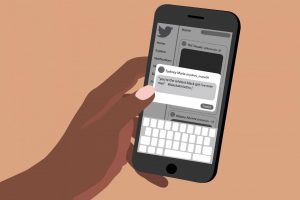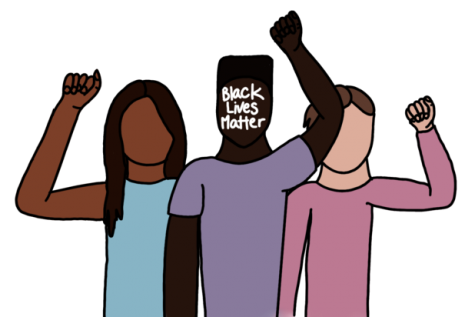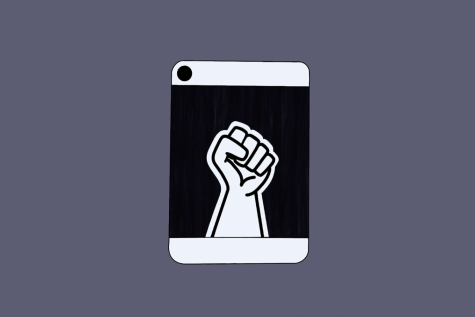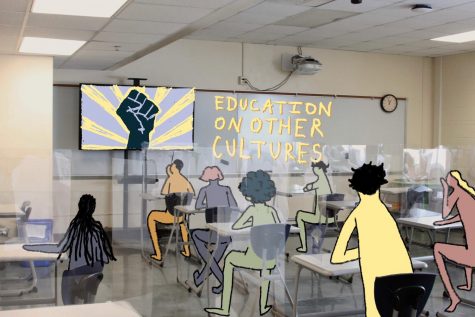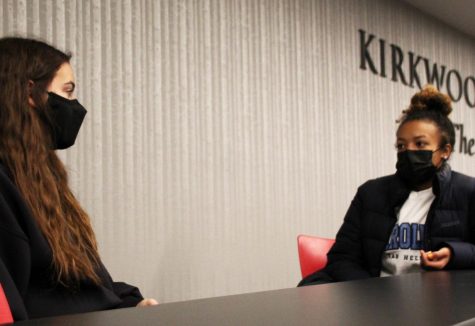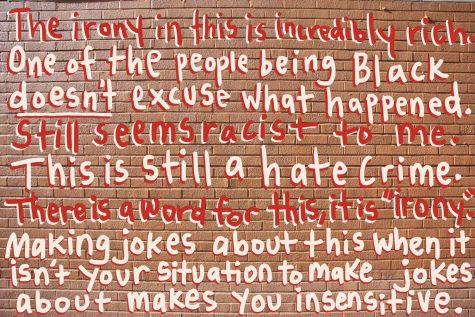Summer “Black Lives Matter” protests and current efforts
It has been seven months since the revival of the “Black Lives Matter” movement in late May. The momentum may have diminished, but the movement is not over.
It has been seven months since the revival of the “Black Lives Matter” movement in late May. The push for racial equity occupied the media and the minds of people for weeks. While the protests, social media posts and media coverage has tapered off, this movement has not stopped. The momentum may have diminished, but the movement is not over.
One of the events that started a flood of protests this summer, was the death of George Floyd, who was killed by a Minneapolis police officer on May 25, 2020. Tonyae Fuller, junior, said she was on Twitter when she found out about George Floyd’s death.
“I was looking at the [Twitter trending page] and I saw [George Floyd], so I checked it out, and when I watched the video I started crying,” Fuller said. “It was really just a lot, it was upsetting.”
George Floyd was not the first, nor the latest Black person to die from police brutality. Amaya Marion, senior, said that she was surprised Floyd was the last straw to revive the “Black Lives Matter” movement.
“It was very interesting [that George Floyd’s death] was the moment a lot of people tuned in [to the injustices African Americans face], because there were a lot of people before [George Floyd] who lost their lives in ways they shouldn’t have when they weren’t guilty in the first place,” Marion said. “So I found it interesting that George Floyd was [the person] that made people realize that Black people are being killed for no reason.”
The response to George Floyd’s death was overwhelming in both America and many other countries. Protests lasted all summer occurring in every state. Countries such as Australia, Canada and England showed support for the movement, chanting “Black Lives Matter,” while holding signs with phrases like, “I can’t breathe,” or “Justice for George Floyd” on them. Many of the protests were peaceful; however, some turned violent with looting and riots. Marion said that the people who turned “Black Lives Matter” into something negative because of the few destructive protests do not understand the movement.
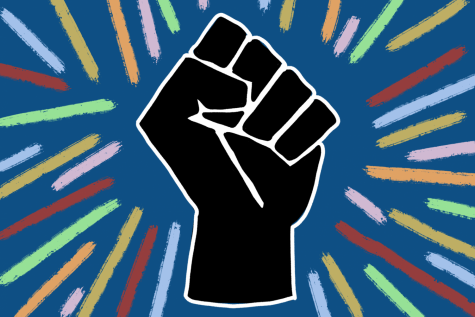
“When people bring up [the looting and rioting], they are trying to downplay the movement and what it stands for,” Marion said. “I’m not saying that people should burn down America, but I’m saying that people are very angry, people are very frustrated about why things are happening the way they are happening. I’m more disappointed that people have taken the movement and made it into this negative [idea] when it’s not. But I’m happy that it’s [gotten] the attention it [deserves]. If it takes a rowdy protest to finally get people to understand an issue then that’s what needs to happen.”
Due to the non-peaceful protests, and the movement overall trying to fight corruption in the criminal justice system, “Black Lives Matter” became a political issue overnight. People shared their thoughts through social media, and the two major political parties turned to attacking each other’s conflicting opinions. Marion said she felt the movement was taken in a political context because of its ties to general political issues.
“The Black Lives Matter’ movement deals with racism, but it also goes into the criminal justice system and how people view that as wrong,” Marion said. “If you tell someone that racism is real, they are not going to deny that. But to say that the criminal justice system is disproportionate against Black people, some people take issue with that [which] would become a political issue.”
The main goal that many people supporting the movement had was police reform. Ronald Taylor, junior, said he felt that the attention the movement got was important, but policy has to come out of it.
“Protests without policy is nothing, it really is nothing,” Taylor said. “You can protest and you can create awareness, and that will create social change, and social change is a huge deal, but without that in writing you can’t prevent it from happening again. You can cause structural change, [but] it’s not fluid and it’s not rigid. You have to get policy into law, so I’m excited about the attention that it has brought, but I’m waiting to see some policy to back it up.”
For Khalea Edwards, KHS alumna, she’s been working to cause change since the shooting of Michael Brown in 2014. Edwards works with St. Louis Jail and Legal Support, which strives to provide support to protestors who have been detained. She is also a community organizer who works with Occupy City Hall, an organization that put pressure on Mayor Lyda Krewson to resign and to take action in defunding the police. The requests for Krewson’s resignation followed the public broadcasting of protestor’s names and addresses who were demanding police defunding were read to the public by Krewson. Krewson has since stated she will not be running for a second term.
“This uprising that is happening feels a lot like 2014,” Edwards said. “It feels like we had already been there before, and there were no effective meaningful changes that had been made. [Occupy City Hall] decided we were going to occupy city hall, we said we weren’t leaving until Mayor Lyda Krewson resigns. We [demanded Krewson] abolish the police.”
Many people who opposed ‘Black Lives Matter,” used the phrase ‘All Lives Matter,’ which became controversial. People used different analogies to explain why the controversial saying should not be used.
“‘Black Lives Matter’ is putting awareness to the fact that everyone’s lives should be valued the same, so saying all lives matter doesn’t do anything, there’s no mission behind ‘All Lives Matter.’ ‘All Lives Matter’ is really just a rebuttal,” Taylor said. “[Some people] think that the [meaning] of ‘Black Lives Matter’ is [that] Black lives matter more, but that’s not really what it is. ‘Black Lives Matter’ is really saying you should value every life the same, all lives do matter, but Black lives should matter just as highly as white lives, or Asian lives, or Hispanic lives.”
According to the New York Times, the ‘Black Lives Matter’ movement may be the largest U.S. movement ever, due to the overwhelming response it has received. While Fuller said there is still much to accomplish, she said she hopes people in Kirkwood will begin to be less prejudiced against Meacham Park.
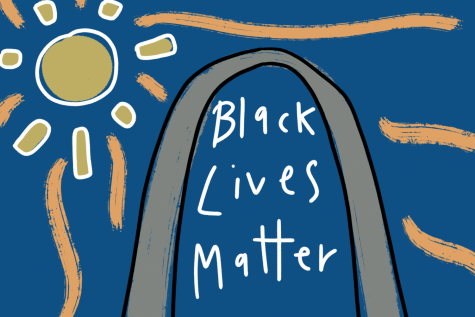
“Ever since I was young I would always go to my friends house [because] nobody would want to come to my house,” Fuller said. “I remember I only had one friend who came to my house because of the neighborhood. We’re integrated but it’s [still] separate [from Kirkwood]. So I really hope that we can just be in harmony and get rid of those prejudices [against Meacham Park].”
Edwards shared this type of experience with Fuller; she was a part of the desegregation program at Kirkwood and lived in a self-described poor neighborhood. According to Edwards, she often felt like she didn’t fit in at Kirkwood and had to change herself. Now she said she’s found herself outside of that environment, and has hope for change in the future.
“What people didn’t know [is] cop cars would be waiting for us and following us as we went home [from school],” Edwards said. “We were just getting off the bus. If I believed racism wouldn’t end I would be believing in racism. I may never know [a world free of racism], but someday somebody else will, and that’s what this is all about.”
Your donation will support the student journalists of Kirkwood High School. Your contribution will allow us to purchase equipment and cover our annual website hosting costs.
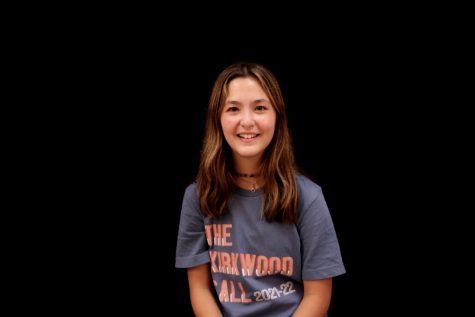
she/her
Hobbies and Interests: writing, baking, hanging out with friends, bullet journaling, watching movies
Favorite song: good 4 u by Olivia Rodrigo
Favorite...
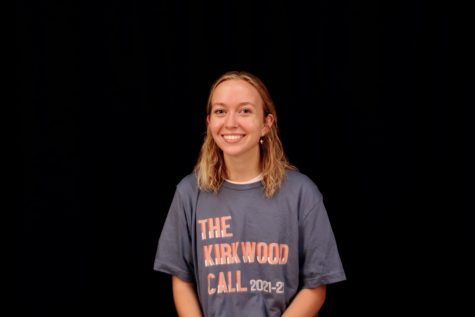
she/her
Hobbies and Interests: Cross country, track, hiking, baking and blasting music in my room.
Favorite Song: "I’m Like A Bird" by Nelly Furtado
Favorite...
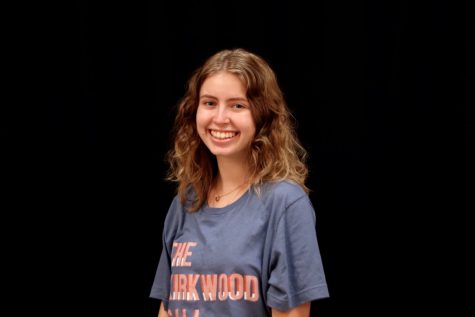
she/they
Hobbies and Interests: Music (especially songwriting), painting, nature, spending time with loved ones, stalking people on Spotify and taking...


